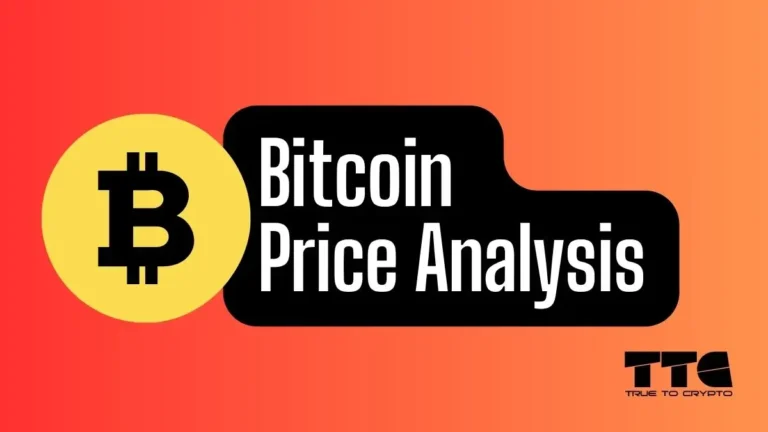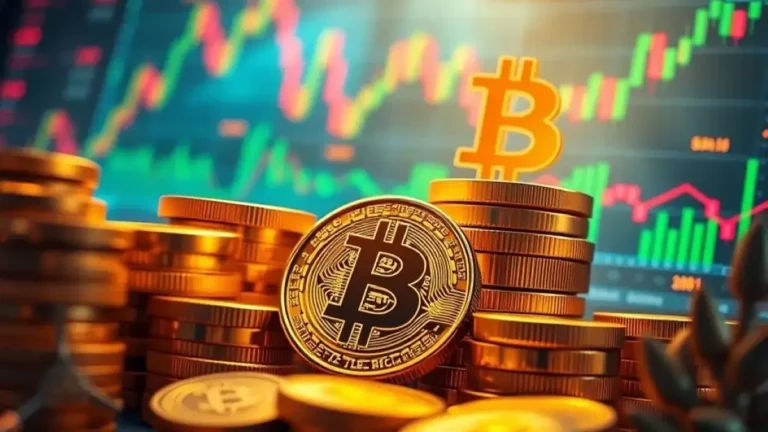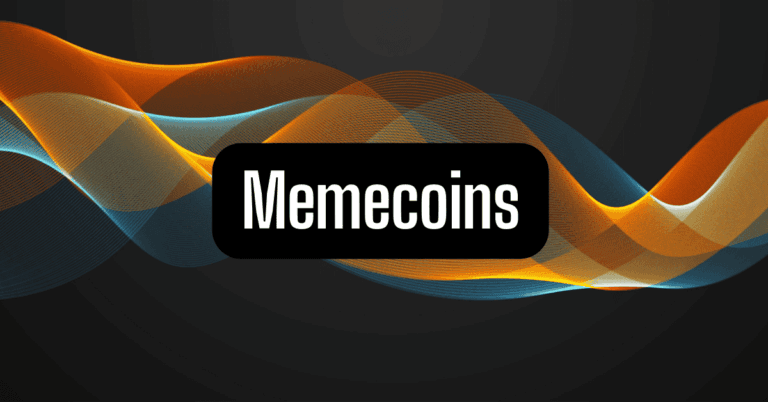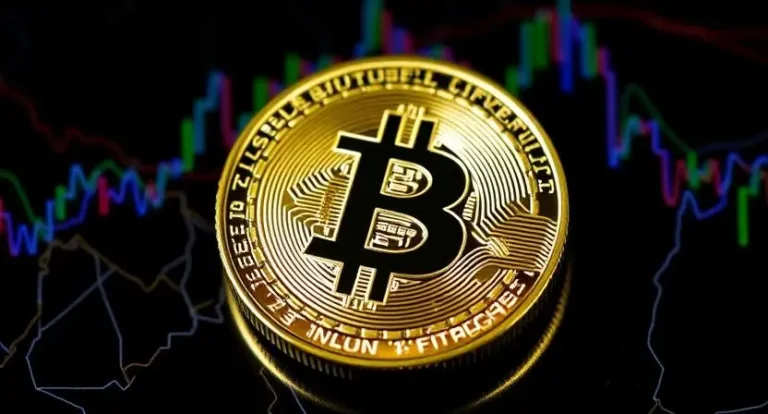Jack Dorsey, co-founder of Twitter (now X) declaring that all intellectual property (IP) laws—copyrights, patents, trademarks—should be scrapped entirely. Elon Musk, Tesla and X’s billionaire chief, quickly backed the idea, amplifying a heated debate. With global innovation accelerating, their call to dismantle IP law has split opinions, pitting decentralization advocates against creators fearing a free-for-all that could gut protections for artists, inventors, and brands.
Dorsey’s statement, posted on X, argued that IP laws stifle creativity, lock up ideas, and serve corporate interests over the public good. “Everything comes from our joint consciousness and should return there unencumbered,” he wrote, framing IP as a barrier to open innovation. Musk’s swift agreement—“I agree”—lent heavyweight clout, given his history of open-sourcing Tesla’s patents in 2014 to spur electric vehicle development. The duo’s stance aligns with a broader tech ethos: unrestricted access fuels progress, a view echoed by Bitcoin maximalists like Max Keiser, who cheered the idea on X, calling IP a “global lobotomy.”
The crypto market, already buzzing from Ripple’s $50 million SEC settlement talks and Hong Kong’s staking approval, felt the jolt. Posts on X erupted, with some hailing Dorsey and Musk as visionaries unshackling innovation, while others—especially artists and writers—slammed the proposal as a billionaire power grab. Meme coins tied to anti-IP sentiment spiked 5-10%, per trading data. The debate taps into 2025’s tech zeitgeist: as AI scrapes data to train models and Web3 platforms like Solana push decentralized apps, IP’s role is under scrutiny.
Why ditch IP? Dorsey and Musk argue it slows progress. Patents, they claim, let corporations hoard tech—think Big Pharma’s vaccine delays during pandemics—while copyrights trap art in legal limbo. Musk’s Tesla move proved his point: open patents helped EVs grow, though critics note Tesla still leverages trade secrets. In crypto, IP fights—like NFT disputes or blockchain patent wars—bog down innovation, costing startups millions in legal fees. A 2024 report estimated 20% of blockchain projects stalled due to IP litigation, a stat Dorsey likely had in mind.
Creators, however, see red. Authors like Carol Roth, posting on X, called IP a “natural right,” arguing that without it, anyone could copy her books or logos for profit. Musicians and filmmakers echoed this, fearing AI firms—backed by Musk’s xAI or others—could scrape their work unchecked. A screenwriter on X quipped, “Billionaires want free IP to feed their AI, not ours.” Data backs their worry: 2024 saw $1.2 billion in creator losses from unauthorized AI training, per industry estimates. Without IP, small innovators might struggle against corporate giants with deeper pockets.
The market’s split reflects deeper tensions. Hong Kong’s staking rules and Sony’s USDC payments show crypto’s push for mainstream utility, but IP debates could complicate adoption. If patents vanish, blockchain projects might surge—Solana’s $144 price ticked up 1% post-news—but creators might shy from Web3 platforms lacking legal safeguards. The SEC’s Binance pause and Ripple’s talks hint at regulatory softening, yet abolishing IP could spark chaos before clarity, especially with Trump’s April 2 tariffs already roiling markets.
Counterarguments emerged fast. Story Protocol’s Jason Zhao, via X, shared screenshots of Block’s own patents, questioning Dorsey’s consistency. Manna Bitcoin Wallet’s Adam Simecka admitted IP abuse by corporations but argued scrapping it entirely risks harming small inventors. A 2024 study showed firms with patents averaged 36% higher revenue per employee, suggesting IP drives growth, not just greed. Musk’s own SpaceX, quietly filing patents, undercuts his rhetoric—critics say he cherry-picks when IP suits him.
What’s next? No formal proposal exists—Dorsey’s call was a post, not policy—but the idea could gain traction in a pro-crypto U.S. For now, the debate exposes a fault line: tech’s push for open systems versus creators’ need for control. With $190 billion in Bitcoin ETFs and $60 billion in USDC, markets are watching—will IP reform fuel innovation or fracture trust?
Disclaimer: The information provided on or accessed through TrueToCrypto.com (the “Website”) is for general informational purposes only and is obtained from independent sources that are believed to be reliable. However, TrueToCrypto.com, its owners, affiliates, officers, employees, and agents (collectively, “We,” “Us,” or “Our”) make no representations or warranties, express or implied, as to the accuracy, completeness, timeliness, reliability, or suitability of the information contained on or accessed through this Website. Further read Disclaimer.








